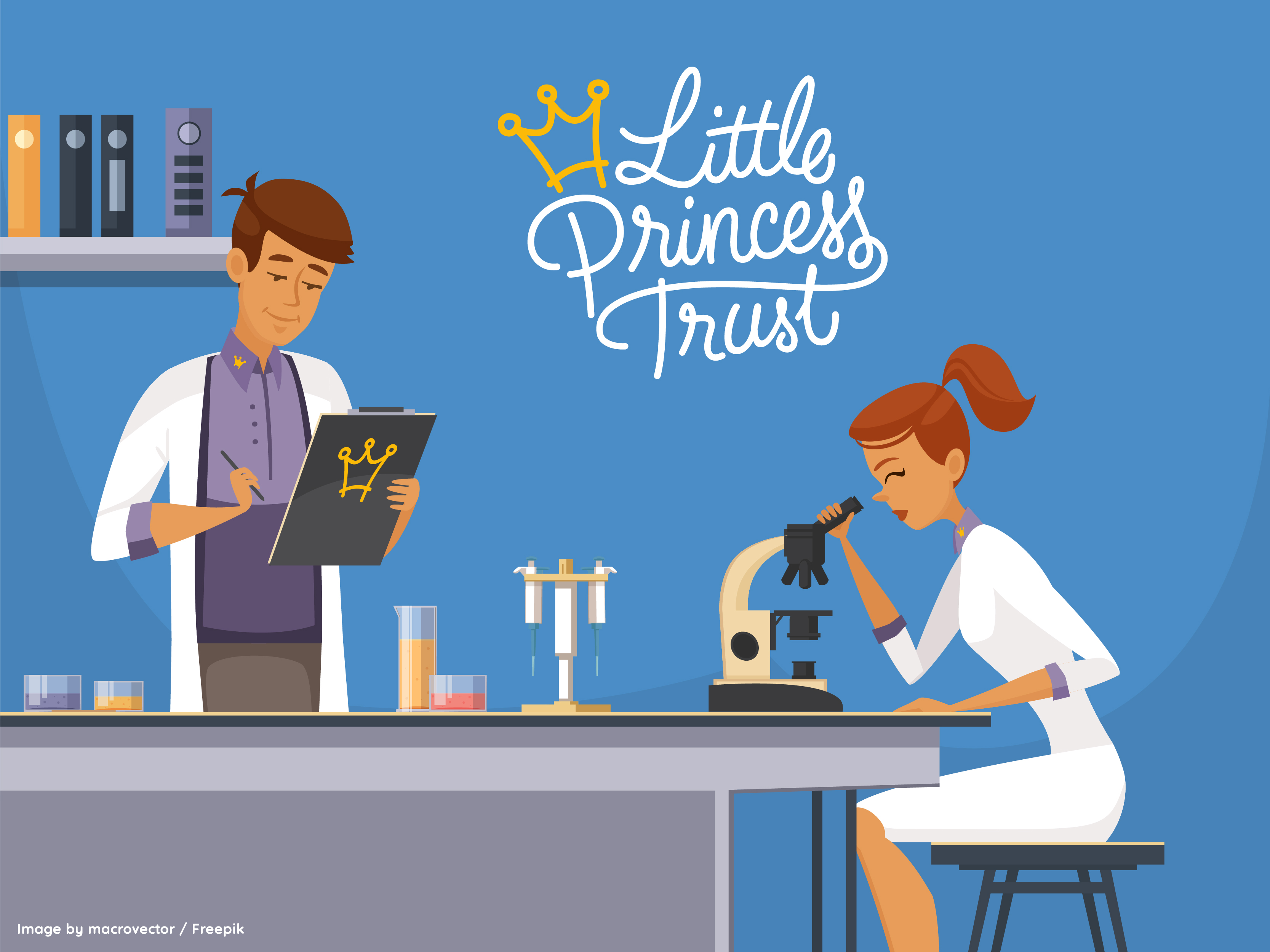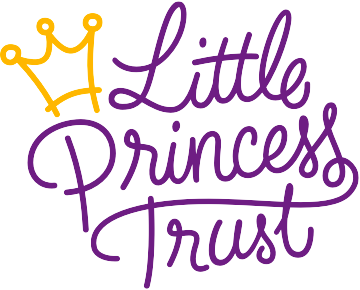Little Princess Trust News
New projects aim to improve brain tumour treatment

LPT-funded research seeks to find kinder alternatives for children
The Little Princess Trust is proud to announce the funding of two new research projects that will improve treatment for children with brain tumours.
Brain tumours are the most common type of solid tumour in children. While there are treatments available for some types of brain tumours, these treatments can be very damaging to a child’s developing brain.
Professor Matthew Murray is leading the first project from the University of Birmingham, entitled ‘The MonoGerm clinical trial – is one chemotherapy medicine as effective as three for patients with germinoma brain tumours?’.
Matthew said: “Germinoma is a rare form of brain tumour with excellent outcomes. Standard treatment for these tumours is inpatient multi-drug chemotherapy to shrink the tumour, followed by radiotherapy treatment.
“However, many believe that having less treatment could still cure these children. We are therefore going to test whether giving a single medicine, delivered in an outpatient setting, can achieve similar responses and maintain excellent survival, but with reduced side-effects than children currently experience.”
In his clinical trial, Matthew will be testing whether using one medicine, called ‘monotherapy’, could shrink tumours as effectively as the current three drug combination. His team will also be monitoring whether this reduces patients’ side effects.
Matthew said: “One of the goals of modern cancer treatment in tumours with excellent outcomes, such as germinomas of the brain, is to improve long-term quality-of-life, whilst maintaining survival rates for patients.

“If our project is successful, the findings could be practice-changing - the use of monotherapy would be one of the biggest changes in treatment seen for these patients in recent decades. They would have a better quality-of-life during treatment, and fewer associated long-term side-effects.”
Professor John Anderson, based at University College London Great Ormond Street Institute, is leading the second new LPT-funded project. Titled ‘Creating a new combination treatment for children's brain tumours’, it aims to combine immunotherapy with chemotherapy as a new treatment for childhood brain tumours.
One type of immunotherapy, CAR-T cell therapy, has been very effective for children with some types of leukaemia. However, the cells used in CAR-T therapy have a hard time getting to cancer cells in solid tumours, and don’t last long enough in the body to effectively fight the cancer.
John’s team has created a new type of CAR-T cell that is engineered to track down brain tumours. This project will test this new therapy in combination with a medicine that will help CAR-T cells survive longer in the body.
.jpg)
He said: “Our research focus has been on finding ways to make CAR-T cells survive longer in patients, and we have two main ideas.
“Firstly, the chemical on-and-off-switch technology that we have invented, that allows CAR-T cells to recover from “exhaustion”. Our second idea is to inject the CAR-T cells directly into the fluid around the brain for more effective delivery to the tumour.”
We believe the results will be of great help to researchers developing innovative treatments for children with cancer
The on-and-off switch medicine and improved CAR-T cells will be tested in multiple types of childhood brain tumour cells in the lab to see which it is most effective on. If successful, he hopes to progress this treatment into clinical trials to create a safer and more effective treatment for children with brain tumours.
Speaking of the new funding, John said: “We were delighted to be awarded the funding for this study, which we hope will demonstrate the best way to combine immunotherapy with other medicines.
"If our research is successful, we believe that the results will be of great help to the doctors and researchers who are developing innovative treatments for children with cancer.”



